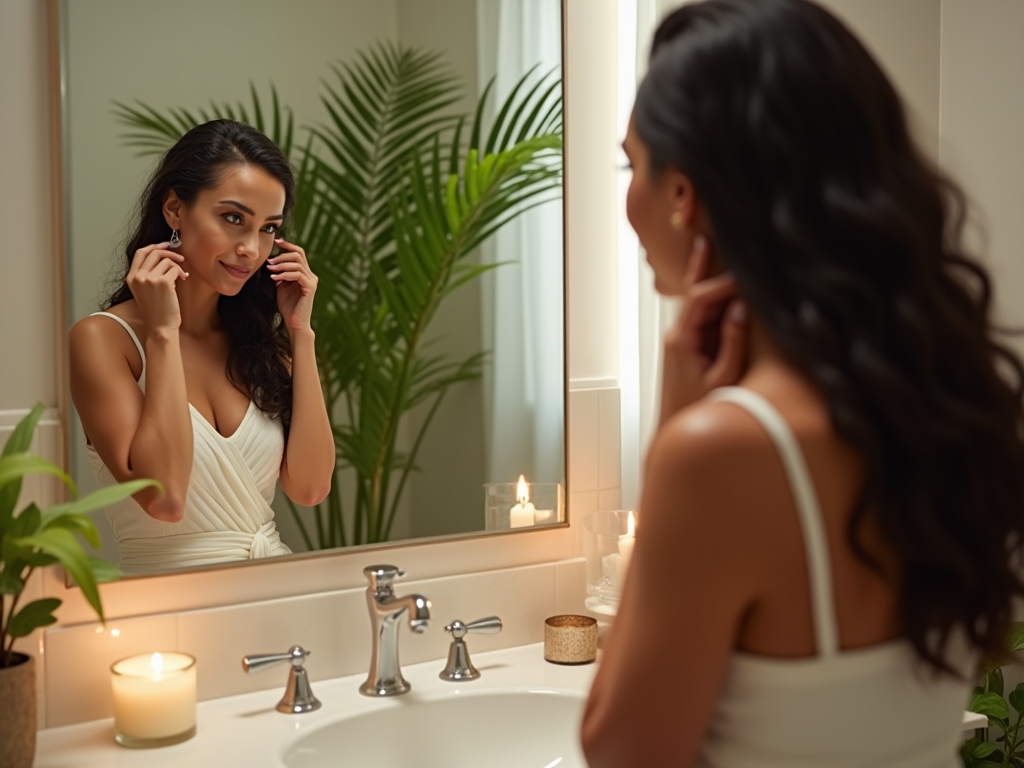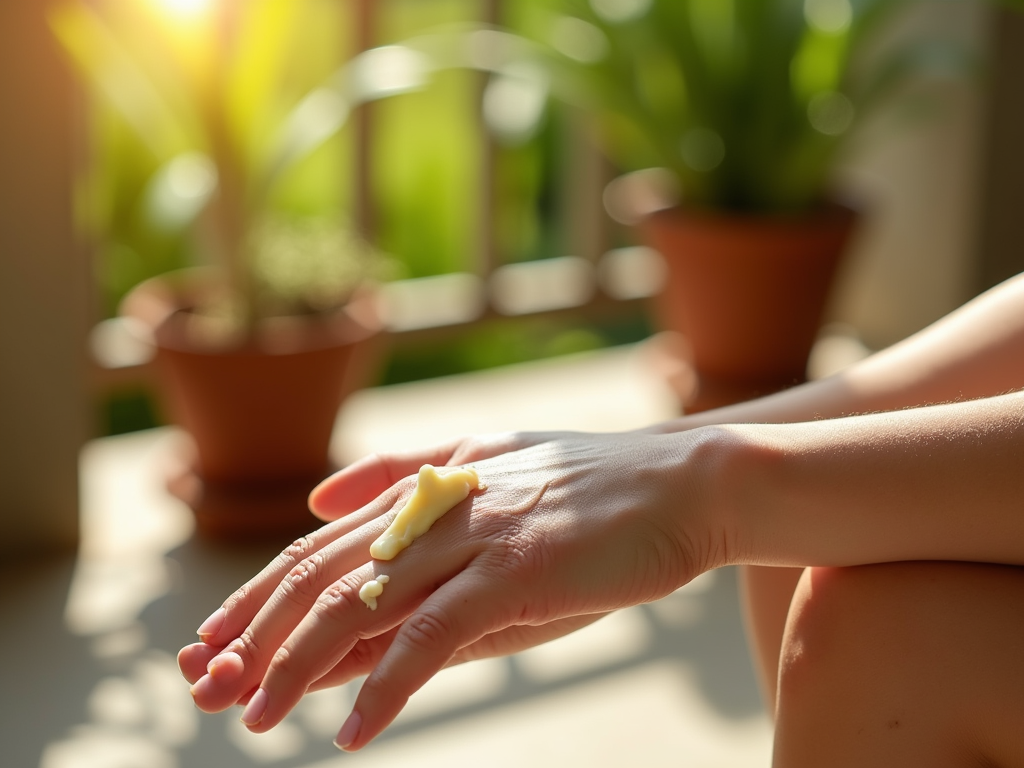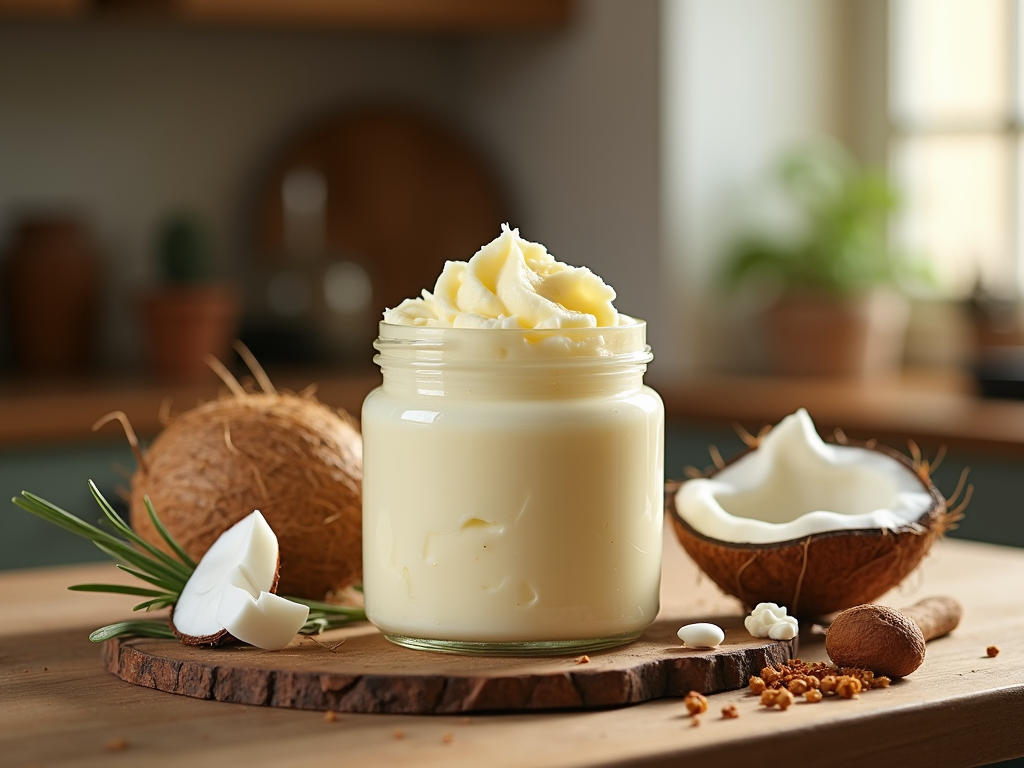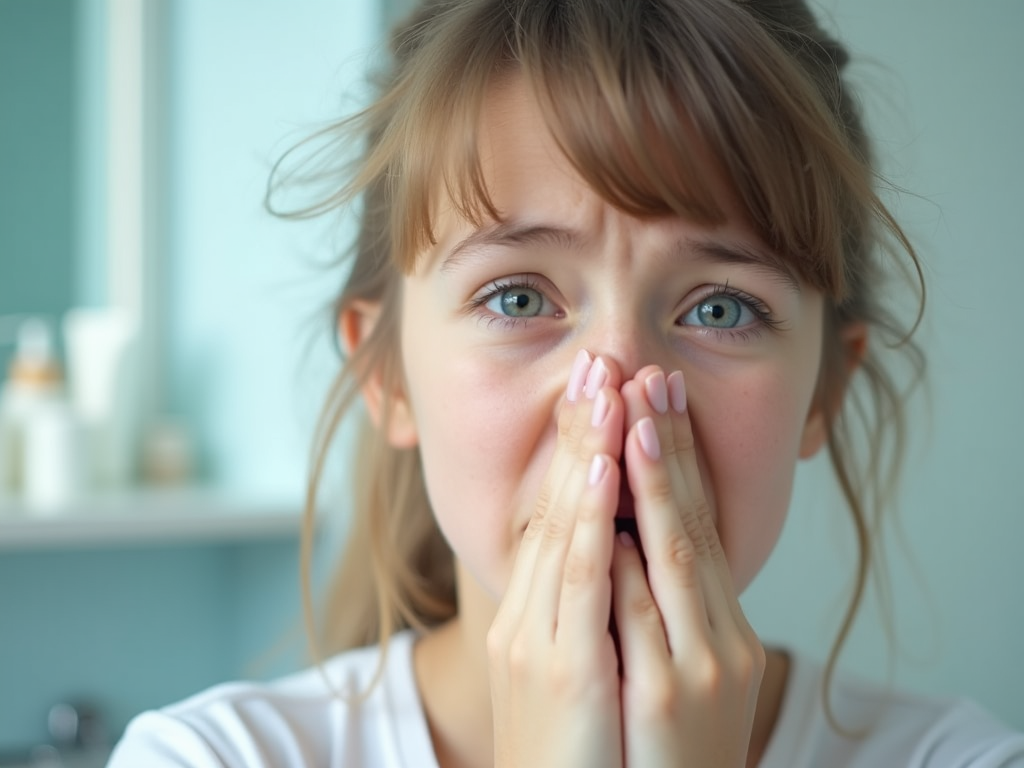Shea butter is a natural powerhouse known for its moisturizing and healing properties, making it an excellent choice for both hair and skin care. Rich in vitamins A, E, and F, shea butter can provide deep nourishment while protecting against environmental damage. This versatile ingredient not only enhances the appearance of your skin but also promotes healthier hair. In this article, we will explore various methods of incorporating shea butter into your beauty routine, showcasing its benefits in a comprehensive manner.
Benefits of Shea Butter for Hair

Shea butter is incredibly beneficial for hair, particularly for those with dry, damaged, or curly locks. It acts as a natural conditioner that offers numerous advantages:
- Moisturizes and Hydrates: Shea butter penetrates deeply into the hair shaft, providing essential moisture and eliminating dryness.
- Strengthens Hair: The vitamins and nutrients in shea butter help strengthen hair strands, reducing breakage and split ends.
- Reduces Frizz: By locking in moisture, shea butter combat frizz and enhances manageability.
- Promotes Hair Growth: The rich fatty acids in shea butter stimulate blood circulation to the scalp, encouraging hair growth.
- Protects Against Damage: It creates a protective barrier against sun exposure, heat styling, and pollution.
How To Use Shea Butter for Hair

There are several ways to effectively incorporate shea butter into your hair care routine:
- As a Leave-In Conditioner: Melt a small amount of shea butter in your palms and apply it evenly to damp hair after washing. This will help lock in moisture and keep your hair hydrated throughout the day.
- As a Hair Mask: Mix shea butter with other nourishing oils (like coconut or olive oil) and apply it to your hair. Leave it on for 30 minutes, then wash it out for deeply conditioned locks.
- For Scalp Treatment: Massage warmed shea butter into your scalp to help alleviate dryness, dandruff, and irritation.
- To Tame Flyaways: Use a tiny amount of shea butter on your fingertips to smooth down flyaways and create a polished look.
Benefits of Shea Butter for Skin
Shea butter’s moisturizing properties extend far beyond hair, being an exceptional ingredient for skin care as well. Here are some notable benefits:
- Deep Hydration: Shea butter provides long-lasting hydration, making it perfect for dry, sensitive, or irritated skin.
- Anti-Inflammatory: It contains compounds that help reduce inflammation and soothe conditions such as eczema or psoriasis.
- Improves Skin Elasticity: Regular use aids in maintaining skin elasticity, helping to prevent stretch marks.
- Natural Anti-Aging: Shea butter is rich in antioxidants, which protect the skin from free radicals and signs of aging.
- Healing Properties: It helps in healing small cuts, burns, and skin irritations, making it a medicine cabinet must-have.
Incorporating shea butter into your skincare routine can be simple and effective. Here are some methods you can try:
- Daily Moisturizer: Apply melted shea butter directly onto clean skin to lock in moisture. It’s especially beneficial for dry areas like elbows and knees.
- In DIY Skincare: Combine shea butter with essential oils or other natural ingredients to make your own creams, balms, or scrubs.
- As a Lip Balm: Use shea butter as a natural lip balm to keep your lips hydrated and soft.
- On Hairless Skin: After shaving, apply shea butter to soothe and moisturize your skin, reducing irritation.
Conclusion
Shea butter is a versatile and nourishing ingredient suitable for both hair and skin care. Whether you use it as a hair mask, leave-in conditioner, or a deep moisturizer, its benefits are undeniable. With its ability to hydrate, protect, and heal, shea butter is a great addition to any beauty regimen. The key is to find the method that suits your individual needs best and to use it regularly to enjoy its full benefits. Embrace the power of shea butter and transform your hair and skin into healthier, more radiant versions of themselves.
Frequently Asked Questions
1. Can shea butter help with acne?
While shea butter is highly moisturizing, it can be comedogenic for some skin types, meaning it may clog pores. If you have acne-prone skin, consider patch testing first or mixing with lighter oils.
2. How often should I use shea butter on my hair?
You can use shea butter as a leave-in conditioner daily or as a hair mask weekly, depending on your hair type and needs.
3. Is shea butter suitable for sensitive skin?
Yes, shea butter is generally safe for sensitive skin due to its soothing properties, but it’s always wise to do a patch test first.
4. Can I use shea butter on my face?
Yes, shea butter can be used on the face, but those with oily or acne-prone skin should exercise caution due to its potential to clog pores.
5. Where can I buy high-quality shea butter?
Look for shea butter in health food stores, online retailers, or beauty supply shops. Ensure it is raw, unrefined, and 100% pure for the best results.



